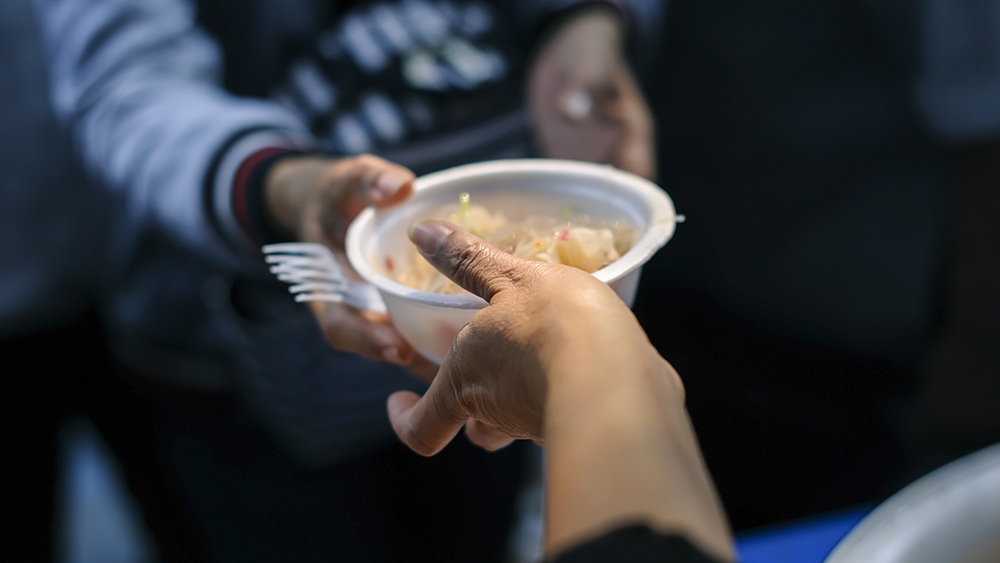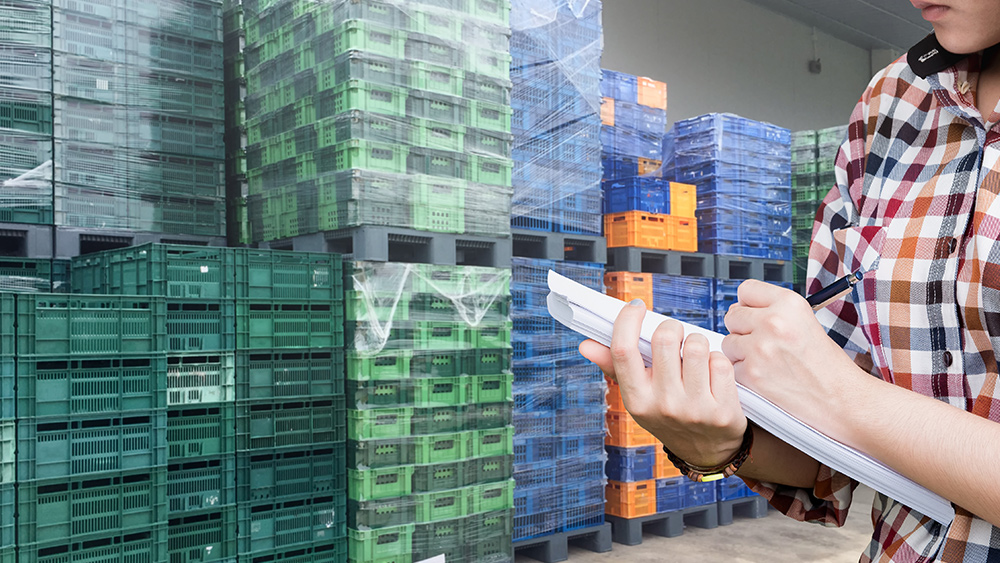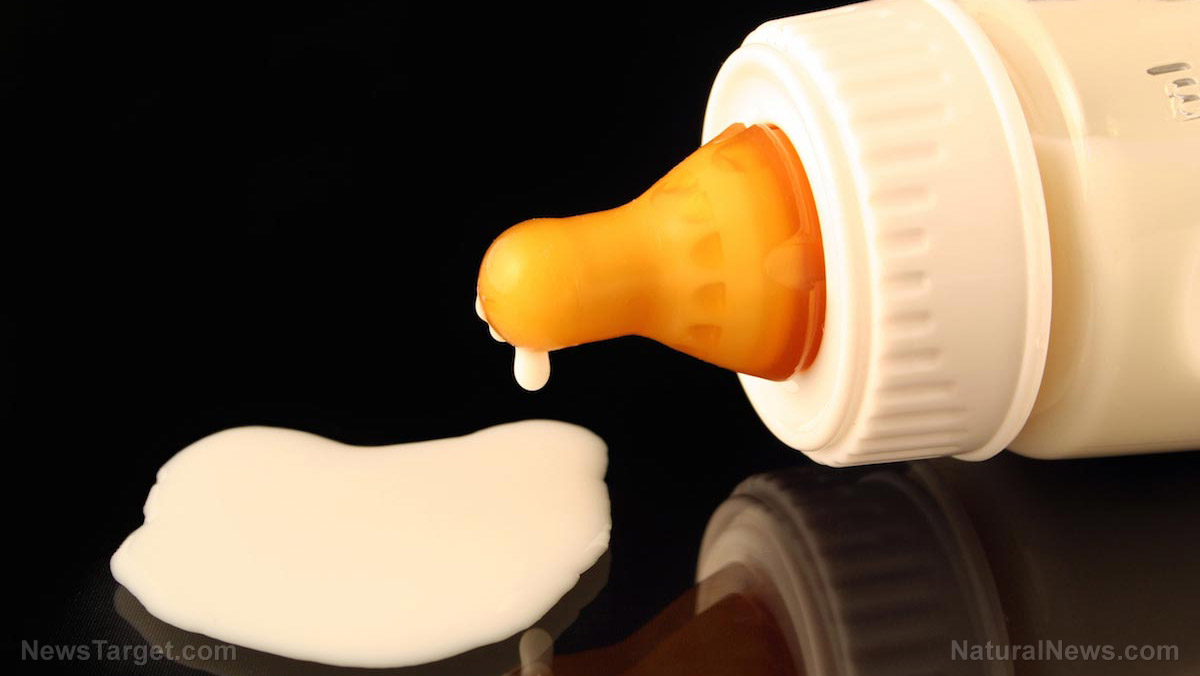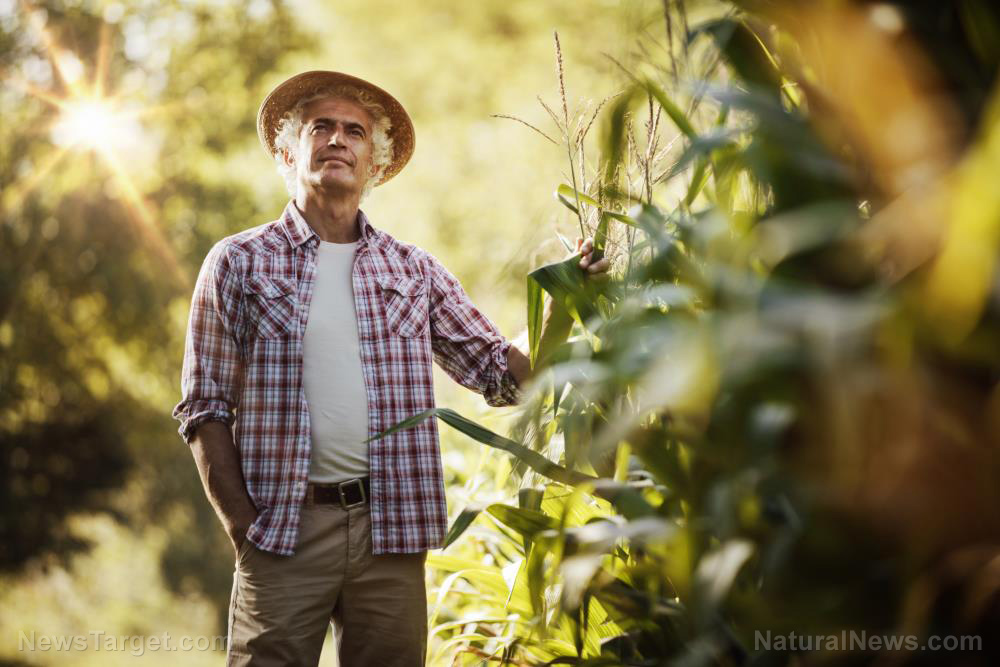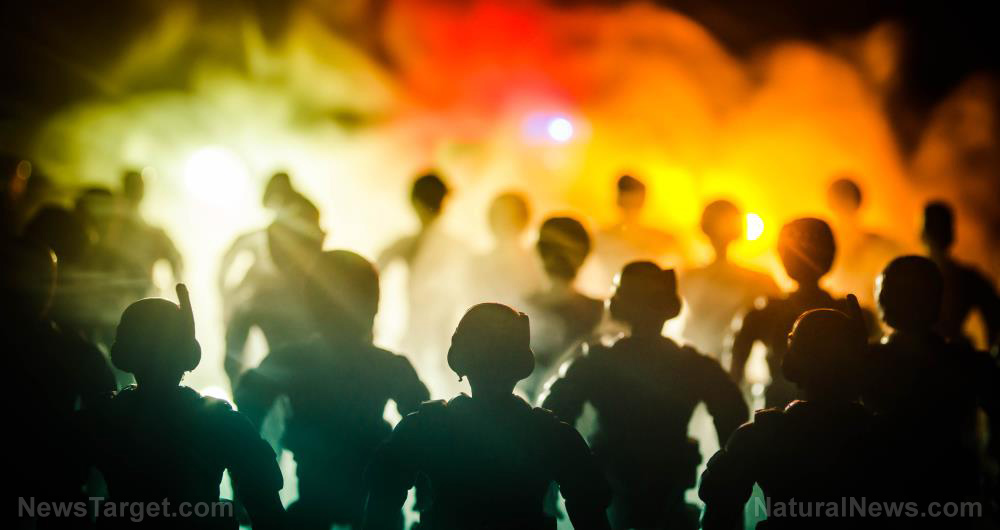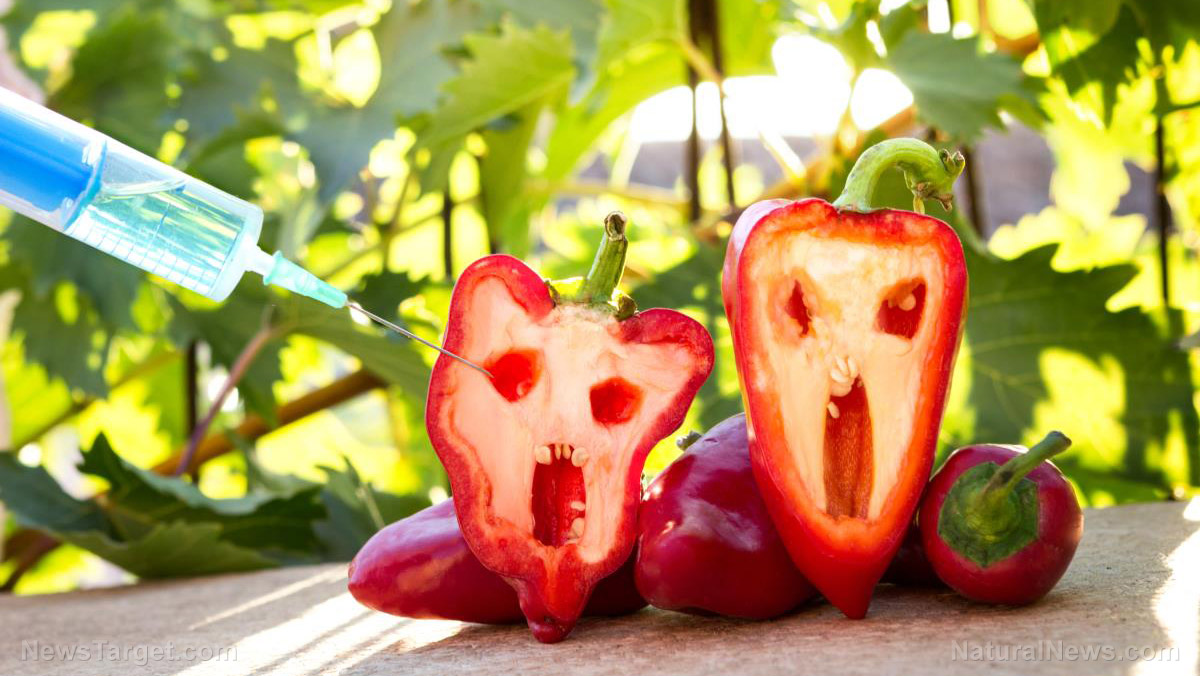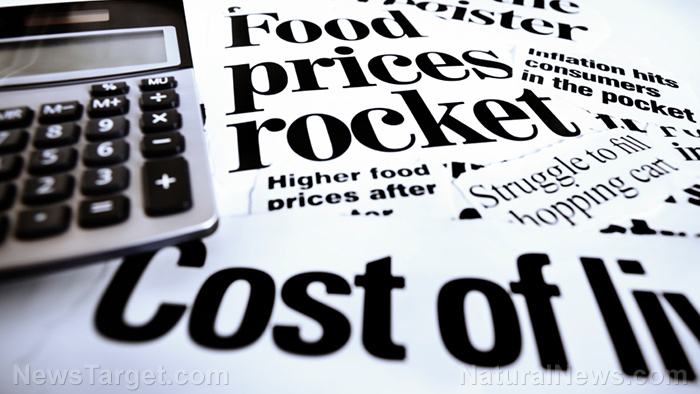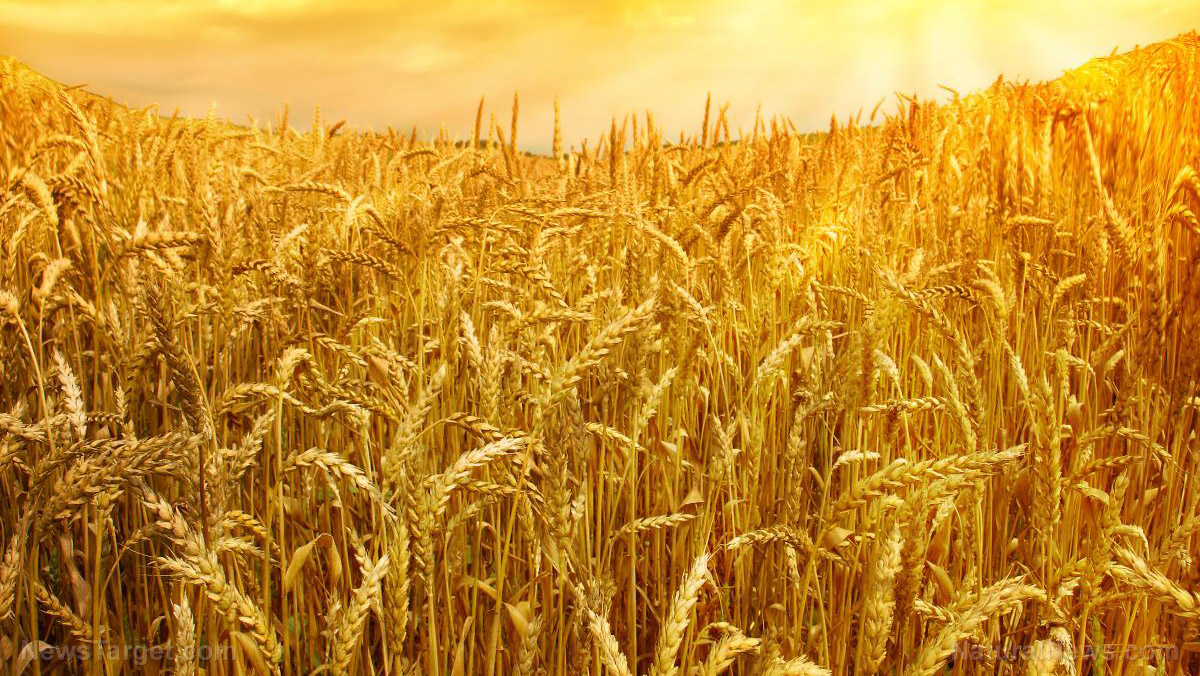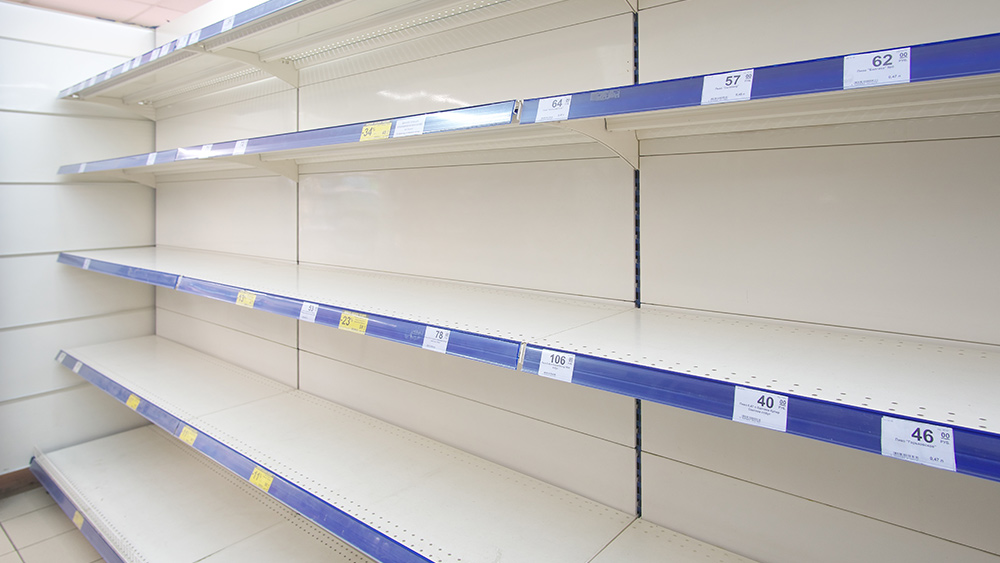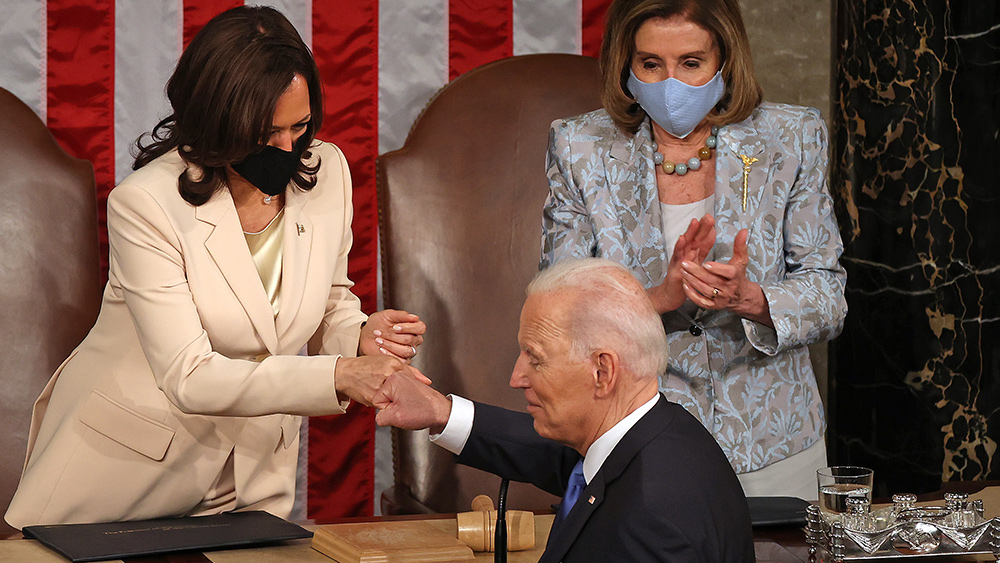American ambassador to the UN: Global food crisis has reached “highest level of alarm” because of Russia
05/26/2022 / By Arsenio Toledo

The United States ambassador to the United Nations warned that the global food shortage caused by the conflict between Russia and Ukraine has reached the highest level of alarm.
“I can tell you, on a scale of one to 10, I’m probably at the 10 level of alarm, because this crisis has exacerbated what is already a serious food insecurity issue,” said Ambassador Linda Thomas-Greenfield on Friday, May 20, during an interview with the BBC.
Thomas-Greenfield said food insecurity was already a serious issue before Russia invaded Ukraine in late February, and it has severely worsened since. (Related: Ukraine reports two-thirds decrease in grain exports while global wheat prices skyrocket.)
“Russia’s aggression in Ukraine, its blockade of the ports, blocking Ukrainian wheat from getting to the market has exacerbated this situation and made it even more dire and the impact is being felt across the world,” she said.
Ambassador blames Russia for growing food insecurity
The first thing that must be done to aid food insecurity issues around the world, according to Thomas-Greenfield, is for Russia to end its war.
“First and foremost, we have to keep the pressure on the Russians to end this unconscionable war against the Ukrainian people and allow Ukraine to go back to a situation where they are contributing to the food market around the world.”
In previous statements, Thomas-Greenfield said she fully supports UN Secretary-General Antonio Guterres’ initiatives to get Ukrainian grain back into the international marketplace amid the war.
“He has spoken to us about his plans and his discussions with the Ukrainians and the Russians on the issue,” the ambassador told reporters without giving further details regarding the progress of the U.N. negotiations.
Guterres himself has visited both Moscow and Kyiv, and following these visits the UN secretary-general has been determined to help bring back to world markets the agricultural production of Ukraine and the food and fertilizer of Russia and its close ally Belarus.
Guterres has reportedly asked Russia to allow shipments of Ukrainian grain past its blockade of Ukraine’s Black Sea ports. In exchange, the UN will negotiate with the West, which has imposed heavy sanctions against Russia, to allow Russian and Belarusian exports of potash fertilizer.
For her part, Thomas-Greenfield has made statements condemning countries engaging in protectionism by putting limits or other restrictions on food produced in their countries that are being exported. She said removing these restrictions could help alleviate food supply issues.
But the ambassador emphasized that Russia has the biggest responsibility when it comes to ending the current food supply crisis.
“The facts are that they are blocking food. There are no sanctions on their agricultural products. They are attacking Ukrainian silos and keeping farmers from planting. So the action is in Russia’s hands to stop this food blockade, to also start to export their own food that they have put restrictions on,” said Thomas-Greenfield.
“But in the meantime, as we keep the pressure on Russia, we will increase our humanitarian funding, our in-kind funding of food and we’re encouraging others to do the same to keep the food and agriculture markets open.”
Guterres has pointed out that some 36 countries count on both Russia and Ukraine for at least half of their wheat imports. These countries include some of the world’s poorest and most vulnerable, such as Syria, Lebanon, Yemen, Somalia and the Democratic Republic of Congo.
David Beasley, executive director of the World Food Program, warned the Security Council that 50 percent of the agency’s grain for food aid comes from Ukraine, and the ongoing war is threatening its ability to provide food to some 125 million people globally.
Learn more about food insecurity issues around the world at FoodCollapse.com.
Watch this episode of the “Health Ranger Report” as Mike Adams, the Health Ranger, lays out a timeline for the coming food and diesel shortages in America.
This video is from the Health Ranger Report channel on Brighteon.com.
More related stories:
Bank of England governor warns of coming “apocalyptic” global food shortage.
Possibility of poor wheat harvest in China increases fears of global food collapse.
Food prices nearing record highs, likely to get worse in coming weeks.
Globalists have been planning to starve the world with food scarcity since at least 2015.
Sources include:
Submit a correction >>
Tagged Under:
agriculture, chaos, famine, food collapse, food crisis, food scarcity, food shortage, food supply, harvest, hunger, panic, propaganda, Russia, starvation, Ukraine, United Nations, World War III
This article may contain statements that reflect the opinion of the author
RECENT NEWS & ARTICLES
COPYRIGHT © 2022 FoodPolice.news
All content posted on this site is protected under Free Speech. FoodPolice.news is not responsible for content written by contributing authors. The information on this site is provided for educational and entertainment purposes only. It is not intended as a substitute for professional advice of any kind. FoodPolice.news assumes no responsibility for the use or misuse of this material. All trademarks, registered trademarks and service marks mentioned on this site are the property of their respective owners.

